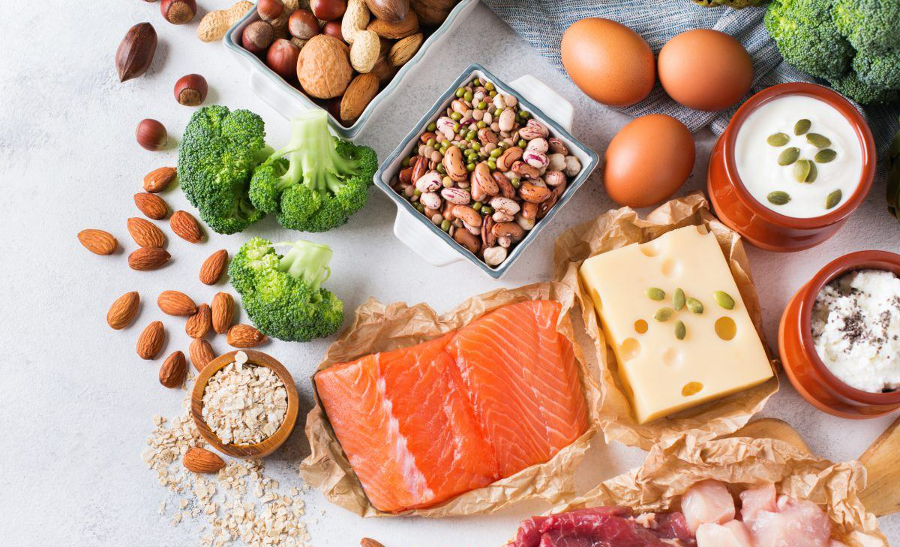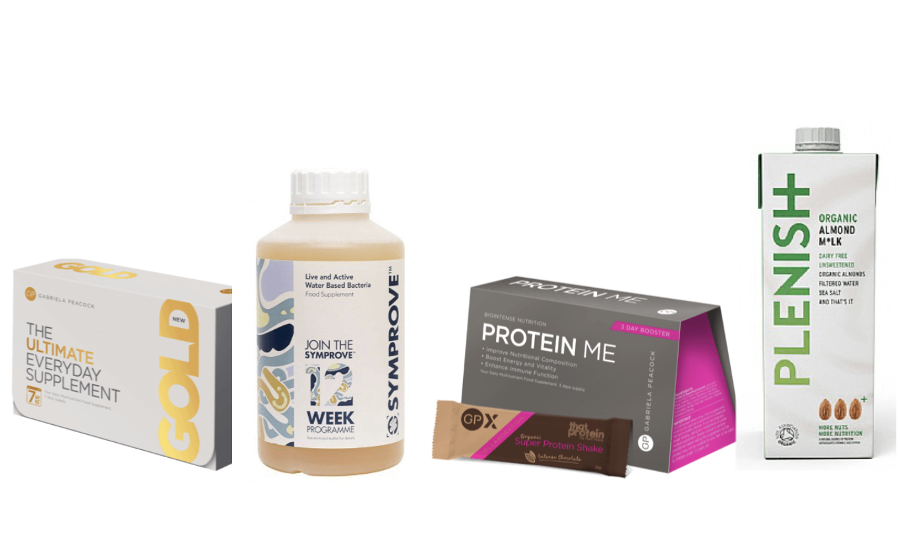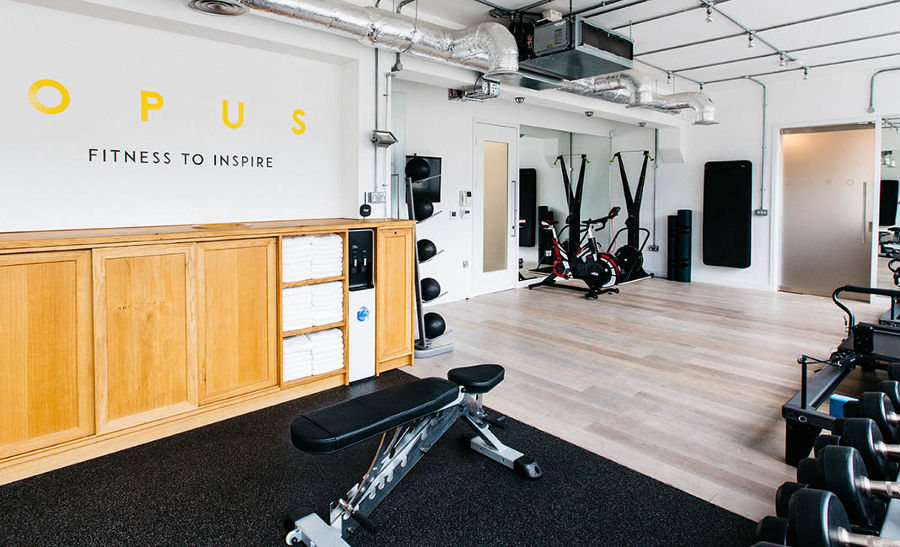

Insider Interviews: Gabriela Peacock: Nutritionist
The go-to advisor for royals & celebrities shares her top tips for staying healthy
by Amy Wilson WylesJob Title: Nutritionist & Founder of GP Nutrition
Location: London
Famous For: Freeing clients from strict rules & creating bespoke solutions that fit around busy modern lifestyles
Clients/Fans Include: Millie Mackintosh, Jodie Kidd, Anna Friel, Jacquetta Wheeler, Lisa Haydon, Donna Air, Serena Hood, Melanie Sykes, Laura Bailey
Years in the Industry: 8
The Backstory
I first knew I wanted to be a Nutritionist whilst I was modelling. I had always found nutrition very intriguing and when I started studying (at Westminster university), I fell in love with it.
My big break came after I started receiving high-profile clients through word of mouth.
When I first see a new client, I assess their nutritional needs by asking very specific questions, which will then give me a precise idea about their health status, lifestyle and dietary habits as well as their goals.
There are a lot of tests you can have to determine your state of health but the ones I find most telling are blood tests to find intolerances, allergies and general nutritional status. I also use stool tests to analyse digestion, absorption and a person’s overall gut environment and I test saliva for hormonal issues.
My top tips for boosting your energy levels through nutrition are to eat every 3-5 hours, have protein with every meal, always have breakfast and make sure you get a good quality protein snack mid afternoon – nuts/seeds/protein shake/humous and crudités are all great examples.
GP Nutrition came about because I wanted to develop a goal focused and highly bioavailable range (in sachets) that matched my clients modern lifestyle.
There are two big misconceptions about nutrition – the first is that we eat too much protein: in fact, most people don’t eat enough good quality, vegetarian protein; and the second is that gluten-free is better for your health – it is not unless you have an issue (intolerance or sensitivity) to gluten.

The Advice
The Beginners Guide to Protein
1. Work out how much protein you need each day: The dietary reference intake is 0.8g of protein per kg of body weight. However this is dependent on age/stage of life as for example children and breast-feeding women are advised to have more. As a general guide, try to base each meal around a source of protein and you should be getting enough!
2. Know the best ways of getting enough: Foods vary in the amount of protein they provide but the main sources include meat, fish, eggs, milk, cheese, cereals and wholegrains, seeds, nuts and pulses (beans and lentils). Soya/tofu and Quorn are also sources of protein suitable for vegetarians.
Following a balanced and varied diet should provide enough protein and this can be achieved by including some at each meal. For example, eggs for breakfast, chickpeas or lentils at lunch and wild salmon fillet or organic meat for dinner.
If you are going for long periods between meals or feel like your diet isn’t quite balanced enough, a protein shake/protein rich snack is a good idea. For example, GP Nutrition Protein Me shake with almond milk, or as a smoothie with yoghurt/greens/berries or a protein rich snack like a handful of Brazil nuts/almonds are good to have in your handbag.
3. For shakes/supplements, be aware that different types of protein have different functions in the body:
Whey protein comes from milk, so it contains lactose. This is not well tolerated by some people, but it is high in the amino acid leucine. Leucine can help with recovery after resistance and strengthening exercise – so whey protein is commonly found in exercise/fitness shakes.
Egg Protein is viewed as a very high-quality protein as eggs are a complete protein source. That means they provide all nine essential amino acids that your body can’t make itself. Similarly, to whey, egg protein is high in leucine so it’s popular with the fitness industry.
Pea Protein powder is especially popular among vegetarians, vegans and people with allergies or sensitivities to dairy or eggs. It’s made from the yellow split pea, a high-fibre legume that boasts all but one of the essential amino acids. Pea protein is also particularly rich in branch chain amino acids.
Hemp Protein is rich in beneficial omega-3 fatty acids and several essential amino acids. However, it is not considered a complete protein because it has very low levels of the amino acids lysine and leucine.
Brown Rice Protein is a great, non-dairy protein for those with allergies, sensitivities or who are following a vegetarian diet. It also contains more fibre than other protein powders.

The Kit
GP Nutrition Gold – my daily multivitamin
Optibac or Symprove probiotics – I take both on and off through out the year
Fennel tea in the evening, green tea with lemon during the day
GP Nutrition Protein Me shake with Plenish Almond Milk

The Experts
Facialist: I use InParlour, who come to your house & request Emma
Dermatologist/Skin Doctor: Dr Rabia Malik
Workout Spot/Exercise Class: Opus Fitness – I love their pilates
Get In Touch
Featured Elsewhere



Share it